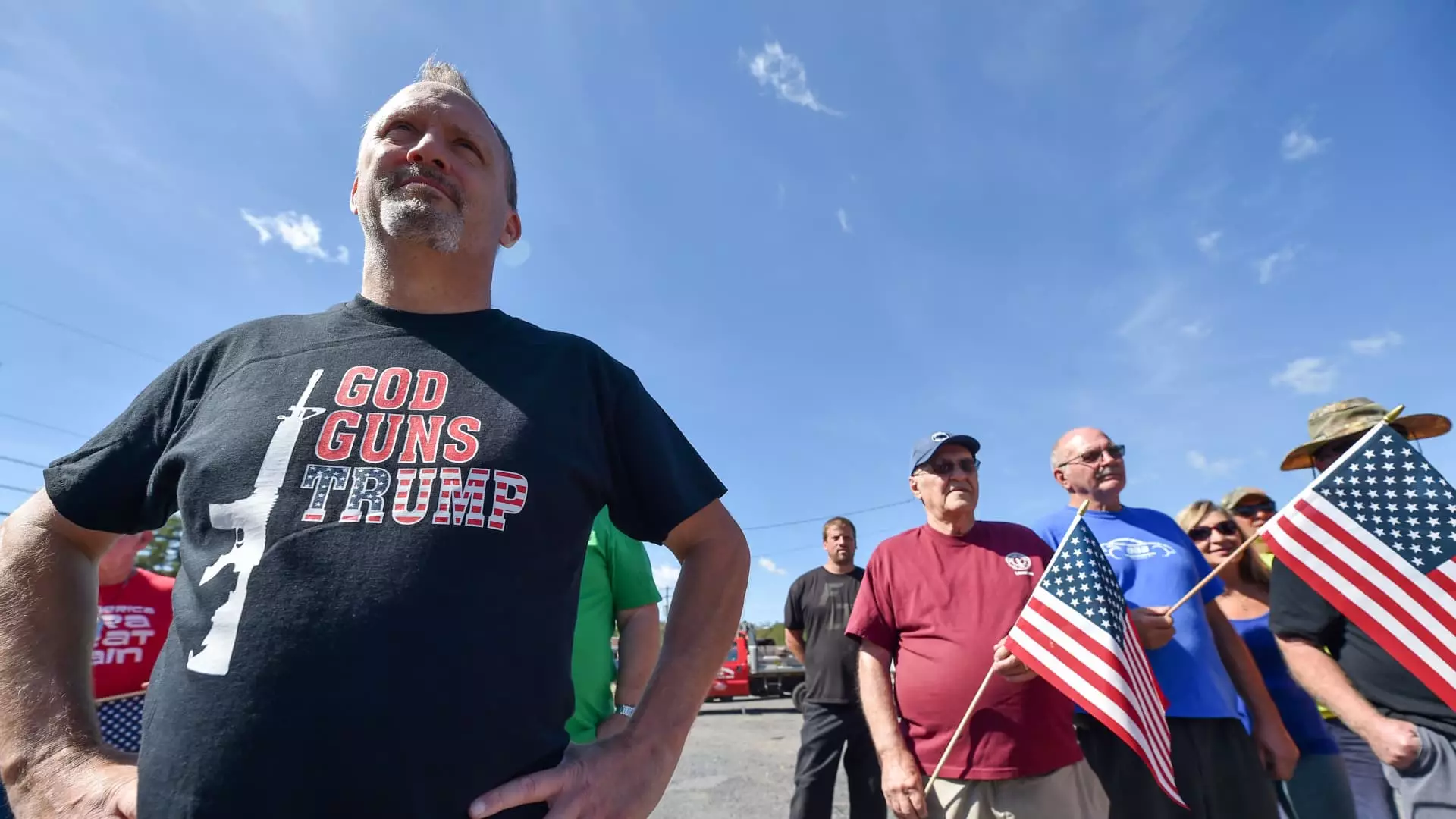In a recent survey, an overwhelming majority of travelers from Southeast Asia expressed that the high prevalence of guns in the United States significantly influences their travel decisions. With 90% of respondents noting their concerns, it highlights the growing unease surrounding gun violence, particularly amidst ongoing political tensions and a series of high-profile incidents. Conducted among 6,000 travelers from six countries—including Singapore, Indonesia, and Vietnam—the results present a complex narrative of fear versus curiosity that shapes modern tourism trends.
The survey indicated a stark contrast in perceptions of safety across U.S. states. Hawaii emerged as the state viewed as the most secure in terms of potential gun violence, whereas Texas was labeled the most dangerous. This divergence illuminates how geographical perceptions can sway opinion, particularly for international travelers who may rely heavily on media narratives and popular culture portrayals.
Interestingly, despite the anxiety surrounding gun violence, about 56% of the surveyed individuals indicated a likelihood of visiting the U.S. within the next few years. This percentage grew to 59% amongst those who had already experienced travel to America. Yet, even within this group, a considerable 74% felt that gun violence is a more pressing issue now than in previous years. Antarika Sen, an associate research director at Milieu Insight, comments that previous visits appear to enhance awareness of issues but don’t necessarily prevent future travel plans.
The data points towards an intriguing paradox: individuals often accept the risks associated with violence as part of the adventure of international travel. This reflects a broader trend of balancing fear with the allure of exploration among travelers: many individuals see value in experiencing diverse cultures, even in the face of perceived danger.
The survey underscores the varying degrees of concern among Southeast Asians. For instance, Vietnamese respondents reflected the highest levels of anxiety about gun violence, with 79% admitting their travel plans would be influenced by this issue. Conversely, only 24% of Singaporeans expressed a desire to visit the U.S. soon, signaling a particularly low tolerance for perceived risk, likely stemming from their own country’s notable control over crime and violence.
Cultural context plays a vital role in shaping these views. Countries with stringent gun laws and low violent crime rates tend to foster greater apprehension among their citizens when faced with reports of violence abroad. Singaporeans, for instance, are used to a predictable social environment and may find the idea of gun violence particularly unsettling, resulting in heightened anxiety compared to their Southeast Asian neighbors.
The survey also revealed that upcoming political events, particularly the U.S. presidential election, will impact travelers’ willingness to visit the United States. A noteworthy 27% of participants signaled that the election’s outcome would play a crucial role in determining their travel plans, with an expressed aversion to visiting if Donald Trump were to win. Such findings suggest a deep intertwining of political sentiment and travel considerations.
Furthermore, it is significant that awareness of “migrant crime”—a term popularized by Trump’s administration—has permeated the consciousness of over two-thirds of the respondents. Nonetheless, empirical data does not corroborate these fears, as major-city police reports fail to indicate a disproportionate rise in crimes committed by migrants. This dissonance between perception and reality may reflect the power of media narratives, which can sway public opinion irrespective of statistical evidence.
Another alarming aspect of the survey results reveals that 75% of Southeast Asian respondents voiced concerns about becoming victims of race-based violence during their time in the U.S., particularly from Filipino travelers, who showed an 81% rate of concern. This distress parallels the ongoing conversations about racial tensions within the country, exacerbated in part by the COVID-19 pandemic, which has led to a surge of racially motivated incidents in recent years.
Social media emerges as the main source of information for 61% of participants regarding crime and safety in the U.S., highlighting the increasing reliance on digital platforms for critical travel-related decisions. This reliance underscores the need for responsible reporting and awareness-raising that can shape perceptions accurately.
Conclusively, the insights from this survey present a compelling case study on how gun violence and personal safety fears play a pivotal role in shaping travel behaviors among Southeast Asians. While the allure of the United States remains potent, the landscape of American cultural and political realities greatly influences prospective visitors’ intentions. As perceptions of safety evolve, so too must strategies for welcoming international travelers in a manner that addresses their deep-seated concerns. Understanding and mitigating these fears may be crucial for fostering resilience and trust, ensuring that the United States remains a desirable destination for travelers around the world.


Leave a Reply